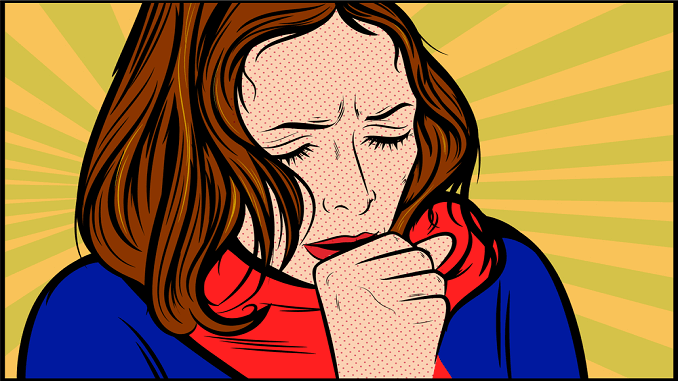
Symptoms of a Serious Disease Requires chest pain, sudden loss of vision or speech, acute abdominal pain, immediate medical attention, but what about more hidden danger signs? It may be tough to grasp what to try to.
The following is a list of seven signs and symptoms that deserve attention:
1. Anonymous Weight Loss
Weight loss without effort may seem like a dream, but in fact, it may indicate a health problem. If you are not obese and lose more than 10 percent of your body weight over the past six months, for example, when you lose 15 pounds (7 kg) if you weigh 150 pounds (68 kg), consult your doctor.
Unexplained weight loss is also thanks to numerous medical conditions, as well as adenosis, diabetes, depression, disease, cancer, or disorders that interfere with however the body absorbs nutrients (malabsorption disorders).
2. Continuous or severe fever
Fever does not necessarily indicate a warning, and fever is known to play a major role in fighting infection But persistent fever may indicate a hidden infection, which may be any case of urinary tract infection to tuberculosis.
In some cases, malignant conditions, such as lymphoma, cause long and persistent fever, as do certain medications.
But call your doctor if your temperature is 103 degrees Fahrenheit (39.4 degrees Celsius) or higher, or if you have a fever for more than three days.
3. Shortness of breath
Tightness may indicate a potential health problem and may be shortness of breath due to hard exercise, extreme temperatures, obesity, and high altitude. Apart from these examples, self-distress may be a sign of a medical problem.
If you have unexplained distress, especially if it occurs suddenly and sharply, seek emergency medical care. Causes of shortness of breath may include chronic obstructive pulmonary disease, bronchitis, asthma, pneumonia, a pulmonary embolism (pulmonary embolism), as well as heart and lung problems.
Difficulty breathing may occur with a panic attack, a sudden bout of intense fear that triggers severe bodily reactions, although there is no real danger or apparent cause.
4. Unjustified changes in defecation habits
Consult your doctor if you notice abnormal or unwarranted changes to what is normal for you, such as:
Consult your doctor if you notice abnormal or unwarranted changes to what is normal for you, such as:
- Blood, black or tar color.
- Diarrhea or persistent constipation.
- an urgent need not justified to defecation.
Changes in output habits may indicate a bacterial infection, such as Campylobacter, salmonella, or viral or parasitic infection. Other causes include bowel irritation and colon cancer.
5. Confusion or personnel changes
Get medical care if you suddenly experience the following:
Get medical care if you suddenly experience the following:
- Poor thinking skills.
Difficulty concentrating or balancing or diverting attention. - behavioral changes.
These changes may be caused by many problems, including infection, poor nutrition, mental health conditions or medications.
6. Feeling full after eating a little food
If you feel this fullness faster than usual, or after eating less than normal, you should see your doctor to check you This feeling, known as early bloating, is accompanied by nausea, vomiting, bloating or weight loss If so, make certain to inform your doctor concerning these signs and symptoms similarly.
Possible causes of early macular degeneration include gastroesophageal reflux disease, commonly known as GERD, and peptic ulcers. In some cases, there may be a serious problem such as pancreatic cancer.
7. Flashing lights
Sometimes bright spots or blinking light indicate migraines. In other cases, sudden flashing lights may indicate a retinal detachment. Immediate treatment will facilitate forestall permanent vision loss.

Leave a Reply